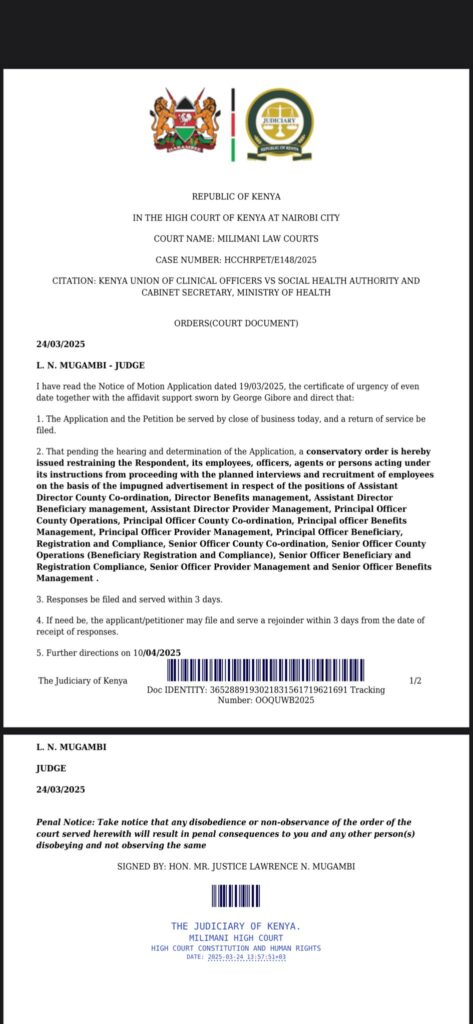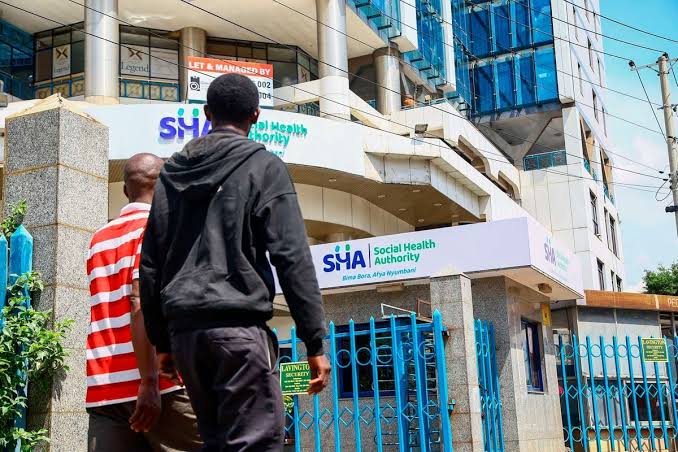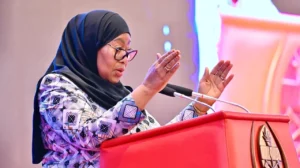The High Court has stopped the recruitment of officers under the Social Health Authority (SHA) after a petition was filed by clinical officers. Justice Lawrence N. Mugambi issued orders preventing the Ministry of Health from going ahead with the interviews or hiring until the case is heard and determined.
This decision has put on hold a key part of the government’s plan to roll out the new health insurance system, which has already faced legal challenges in the past.The petition was filed by the Kenya Union of Clinical Officers (KUCO), who argue that the recruitment process is unfair and discriminates against them.
According to the job advertisement, applicants must have degrees in medicine, surgery, pharmacy, dentistry, or public health. This means that clinical officers, who form a crucial part of Kenya’s healthcare system, are being locked out. They say that this exclusion is not only unfair but also goes against the goal of improving healthcare access for all Kenyans.
Clinical officers play a major role, especially in rural areas where they are often the main healthcare providers. Many Kenyans rely on them for treatment, and excluding them from SHA jobs could mean fewer medical personnel available to serve the public.
KUCO has also argued that SHA’s leadership has been ignoring their concerns for a long time. They have previously raised issues about their recognition and inclusion in national health policies, but their grievances have not been addressed.
Some have even called for the resignation of key SHA officials over these concerns.The SHA was created to manage the Social Health Insurance Fund (SHIF), which is meant to replace the National Health Insurance Fund (NHIF).
The government says that SHA will help achieve universal healthcare by making medical services more affordable. However, its implementation has not been smooth. Earlier, the High Court had ruled that the Social Health Insurance Act was unconstitutional due to poor public participation.

This ruling suspended the law for 120 days to allow for changes. Despite this, the government pushed ahead with SHA, and later, the Court of Appeal lifted the suspension, allowing deductions from workers’ salaries to begin in October 2024. The standoff between clinical officers and the Ministry of Health is just one of many issues facing SHA.
Some healthcare workers believe that the new system is being rushed without proper consultation. They argue that excluding experienced professionals from key positions will only create more problems in the future.
Clinical officers are demanding that they be included in SHA and that their Collective Bargaining Agreement be implemented. They also want the government to take their role seriously and stop treating them as lesser healthcare providers.
The High Court’s decision to stop the recruitment process shows that concerns from medical professionals cannot be ignored. As the case proceeds, it remains to be seen how the Ministry of Health will respond.
This ruling could force them to reconsider their hiring policies and ensure that all qualified healthcare workers, including clinical officers, have a fair chance to participate in SHA. If these concerns are not addressed, the government may face more legal battles that could delay the full implementation of the new health system.
This legal challenge also raises questions about how healthcare reforms are handled in Kenya. For universal health coverage to work, all stakeholders must be involved, and their concerns must be taken seriously.
Ignoring certain groups will only create resistance and slow down progress. The Ministry of Health now has the opportunity to review its policies and create an inclusive system that benefits all Kenyans.
The court’s ruling is a reminder that fairness and transparency are essential in government projects. If SHA is to succeed, the government must listen to healthcare workers and ensure that their rights are protected.





















Add Comment